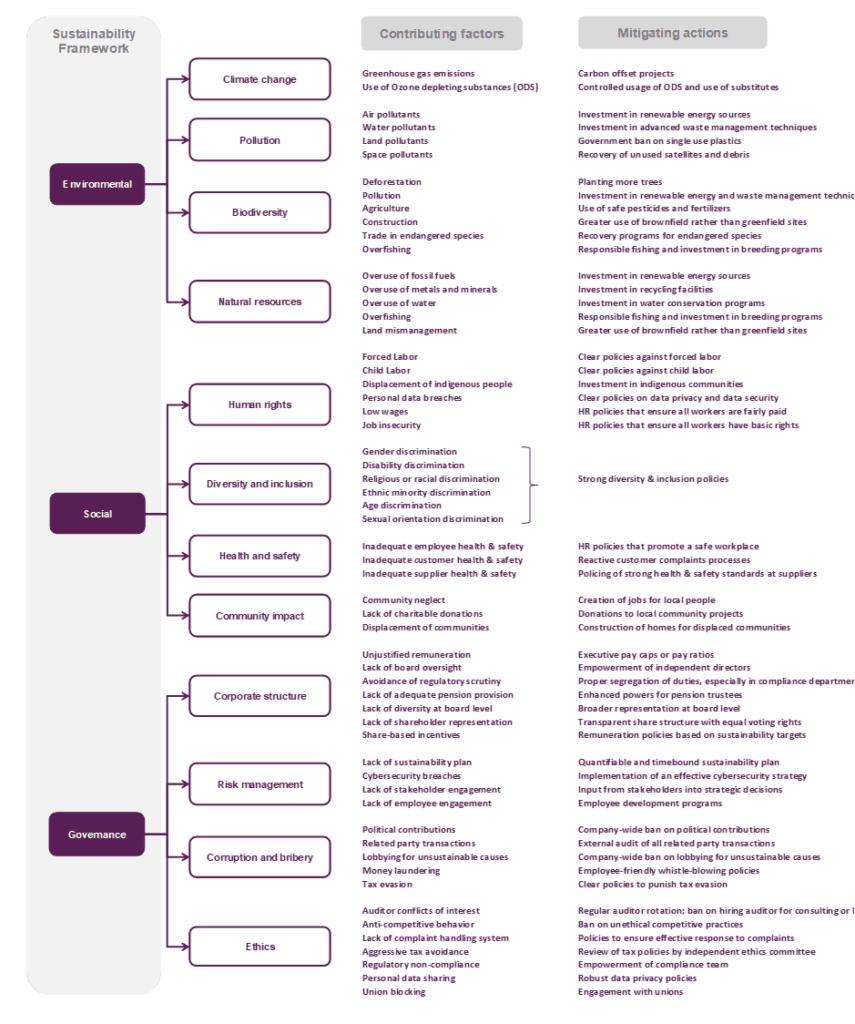Following the release of Q1 results from several oil and gas companies; Ella Benson Easton, Thematic Analyst at GlobalData, a leading data and analytics company, offers her view:
“This year has seen extraordinary volatility in the oil and gas industry. The decline in the cost of renewable energies, an oil price war and COVID-19 have all contributed to the industry’s precarity. Q1 results have reflected the difficult situation, for example, BP’s net profit dropped 67%, ConocoPhillips reported a Q1 loss of $1.7bn, and Royal Dutch Shell reduced dividends by 65% – the first cut for the company since World War II. Sinopec recorded a $2.71bn loss despite fuel sales rebounding.
“These numbers confirm the strain the oil and gas industry is under. The real difficulty for the industry is gaining a degree of stability, particularly given the uncertainty around the full impact of the pandemic on things such as customer behavior and investment priorities.
“Some oil companies have touted more sustainable investments and principles in recent years. Both Shell and BP aim to reach net-zero carbon emissions by 2050. The recently exposed instability in the oil industry makes a speedy transition to sustainable energy a necessity.
“Sustainability will remain a key theme for enterprises across industry sectors well beyond COVID-19. GlobalData’s sustainability framework shows the areas in which companies need to focus their investment to put themselves in a position to succeed. Increased investment in renewable energies and modern technologies is now vital as oil companies insulate themselves against further price shocks. Oil companies that diversify their investments and invest in the sustainability theme will be better placed to survive the long-term effects of the current crisis.”







